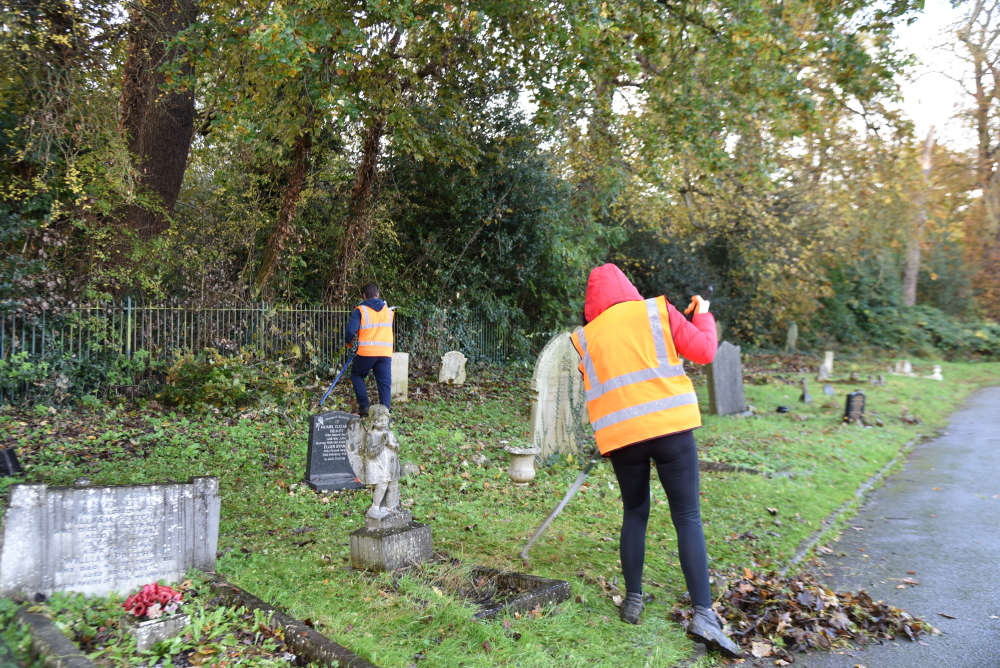
We have the privilege of being alive to remember our fallen heroes, who gave their tomorrow for our today.
As time progresses and fewer of their direct relatives remain, the condition of the final resting places of veterans buried in cemeteries across the country deteriorates.
With this in mind, Police and Crime Commissioner for Cheshire John Dwyer sought to collaborate with the Royal British Legion (RBL) and the North West Probation Service to restore forgotten graves to their former glory. They reached an agreement whereby offenders serving community sentences will clean war graves.
Work on this project has already commenced with war graves in a cemetery in Chester being cleaned up. Some being reclaimed from the undergrowth of bushes and trees.
Police and Crime Commissioner John Dwyer, said:
“In my role as President of the Nantwich RBL, I had become aware of the large number of military veterans’ graves which had been left unattended for many years.
“One of our members researched a local Victoria Cross serviceman and discovered his grave at a church yard in Acton, which he duly tidied up from its overgrown state. It was this selfless act that prompted me to think about how I could help with this task on a larger scale.
“In my role as Commissioner, I spoke to colleagues in the Probation Service to ask them for their thoughts on whether those involved in the community payback scheme could clean war graves.
“They took this idea on and I was really pleased to see it in action in Chester. These graves wouldn’t be tidied up at all if not for community payback and it’s clear that the project has affected the offenders positively too.”
When it comes to identifying graves, those maintained by the Commonwealth War Graves Commission (CWGC) are all noted on a register. However, many internments were arranged by families of the deceased and committed privately, meaning no details of the veterans’ final resting place is available for the CWGC to use.
These private internments would commonly be used for those who were repatriated, wounded and died after periods of hospitalisation. Alternatively, wealthier families were able to directly repatriate those who were killed in action and intern them privately in local church yards close to home.
For those graves in Cheshire not on the CWGC register, a list was created called The Cheshire Roll of Honour. This lists over 31,500 veterans, showcasing their stories and highlighting where their final resting places are.
More information is available here:
Chairman of the Nantwich and District Branch of the Royal British Legion, Phillip Reade, explained:
“Over the years members of our branch have reported discoveries of overgrown, neglected graves in numerous graveyards across the county.
“We made it our aim to rediscover all unattended military, or deceased post-conflict war graves within our area and arrange an annual clean up so their sacrifice wouldn’t be forgotten.
“When a headstone has been cleaned they tend to stand out from their surroundings. Becoming more noticeable and symbolising in itself a beacon of service and sacrifice.”
Cheshire Unpaid Work Operations Manager, Jane Leigh, said:
“As Probation Services, we wanted to get involved with this project as we have completed some similar work previously. The supervisors and those fulfilling their community sentence take great pride in their work.
“We think it’s important that these veterans are not forgotten. Their stories are still being told and their memories kept alive.”
One person involved in cleaning the graves said:
“It’s nice to give the final resting place of these soldiers some TLC to show we haven’t forgotten about their sacrifice.”
Following on from the work undertaken in Chester, the CWGC contacted the North West Probation Service to see if they could link in with the project to ensure both registered and un-registered graves were cleaned and maintained. Giving deceased veterans the honour and recognition all year round.
Pictured - Community Payback in action: Offenders cleaning cemetery.

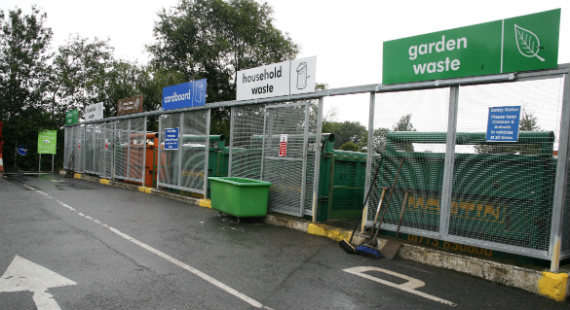 Household waste recycling centres – Advice for visiting during Easter period
Household waste recycling centres – Advice for visiting during Easter period
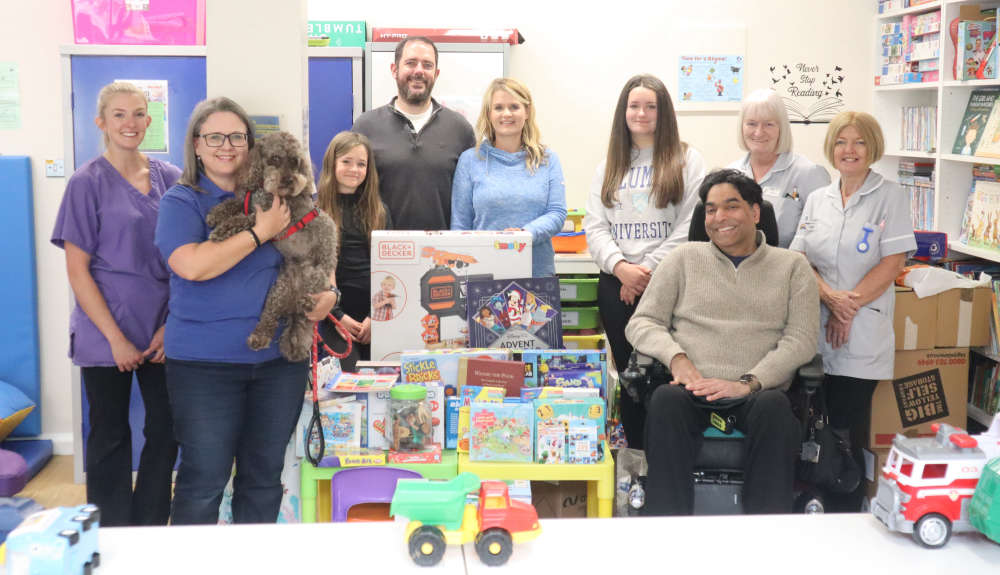 AstraZeneca workers toy drive to support Children’s Ward at Macclesfield Hospital
AstraZeneca workers toy drive to support Children’s Ward at Macclesfield Hospital
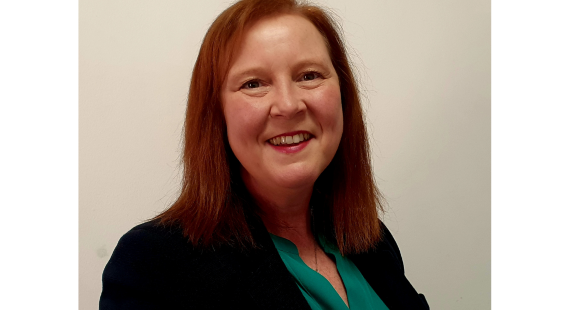 Council appoints new executive director of children’s services
Council appoints new executive director of children’s services
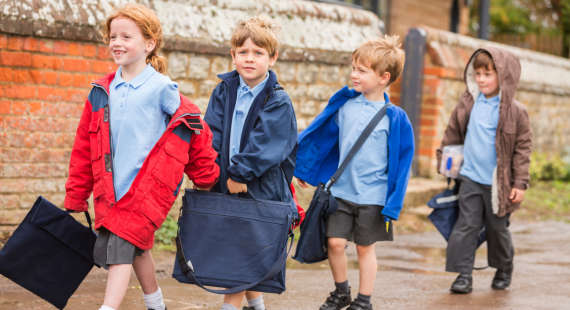 99% of Cheshire East parents secure preferred primary school place
99% of Cheshire East parents secure preferred primary school place
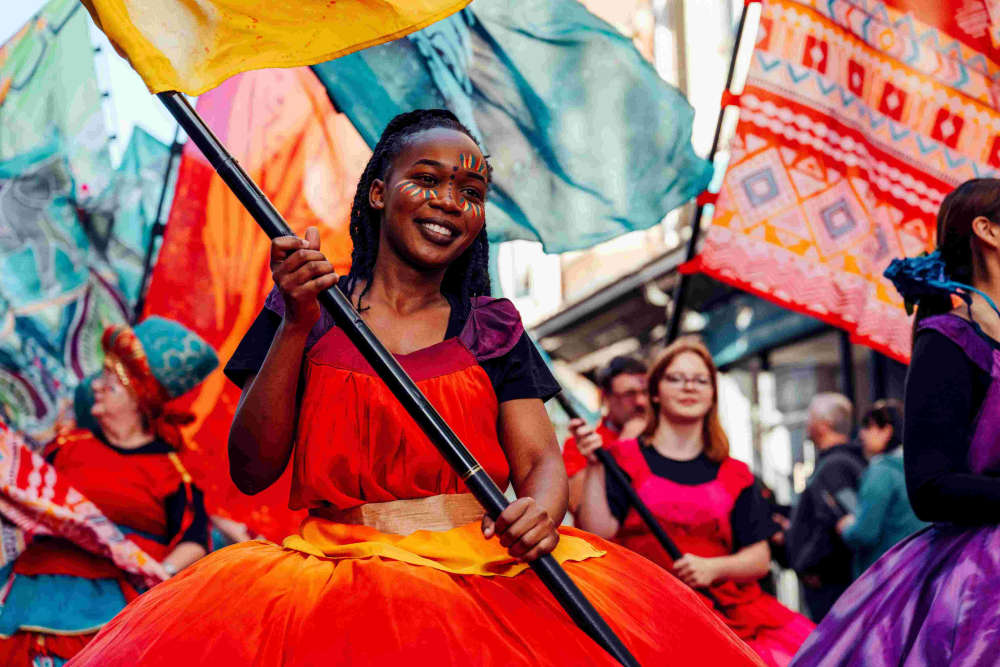 Young Northwich and Winsford to join globally inspired Carnival
Young Northwich and Winsford to join globally inspired Carnival
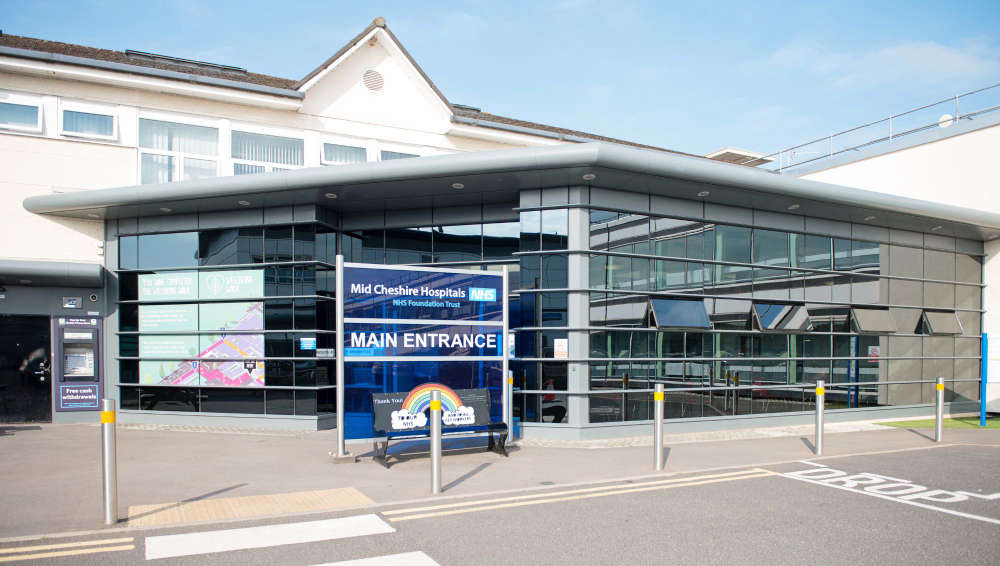 Government approves major funding for state-of-the-art Leighton Hospital facility
Government approves major funding for state-of-the-art Leighton Hospital facility
 Teenager sentenced for stabbing another boy in Congleton
Teenager sentenced for stabbing another boy in Congleton
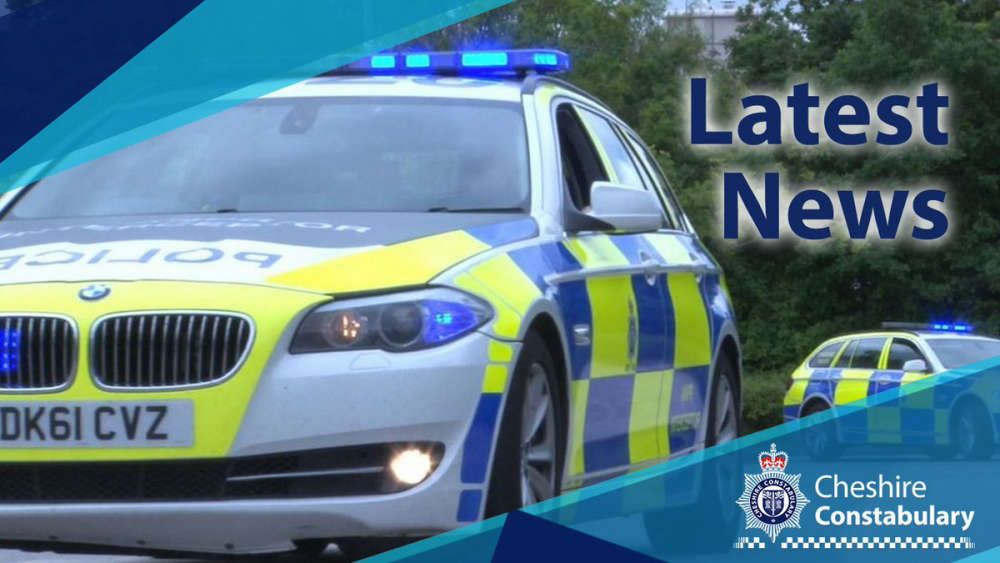 Appeal for witnesses and footage following collision in Alderley Edge
Appeal for witnesses and footage following collision in Alderley Edge
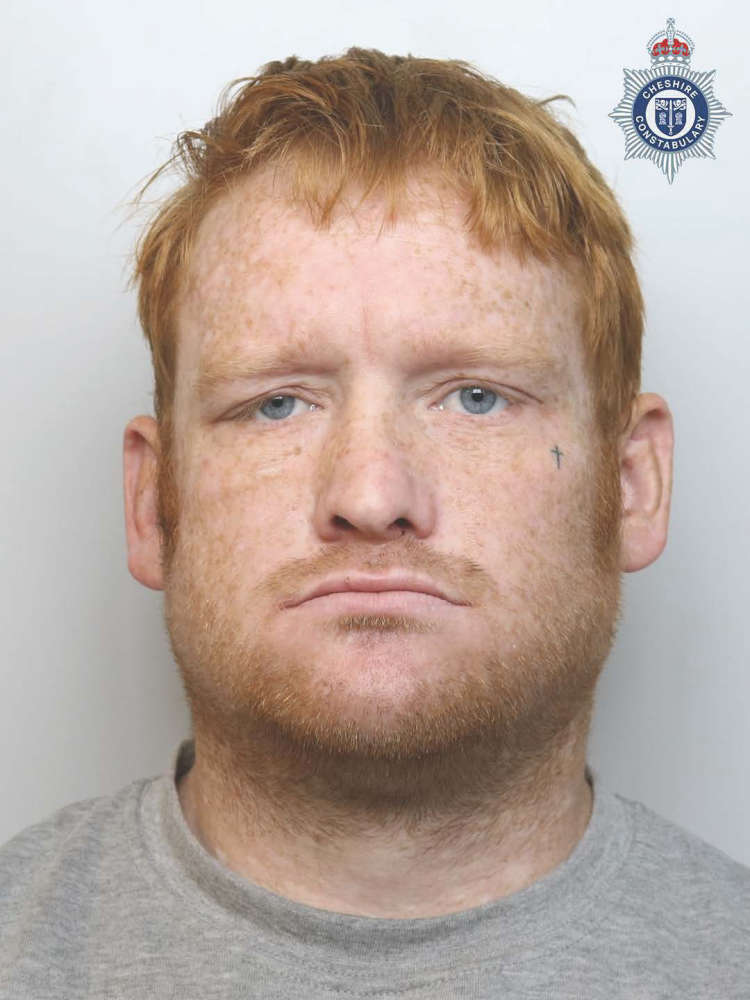 Man jailed for murder following stabbing in Northwich
Man jailed for murder following stabbing in Northwich
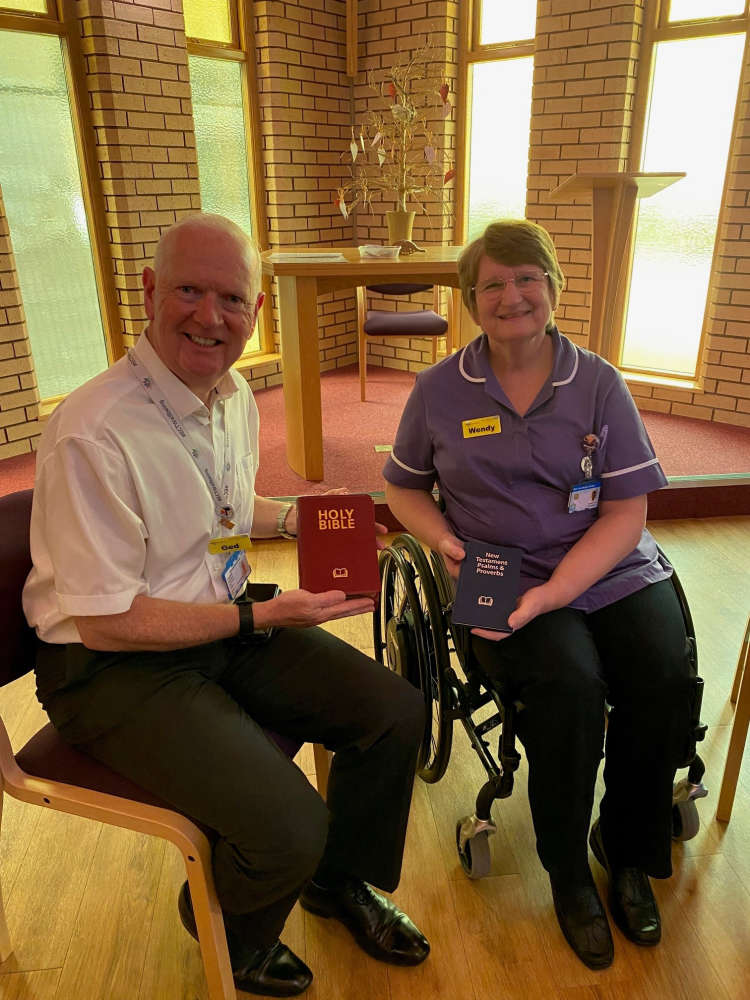 Bedside Bibles return to Macclesfield Hospital in time for Easter
Bedside Bibles return to Macclesfield Hospital in time for Easter
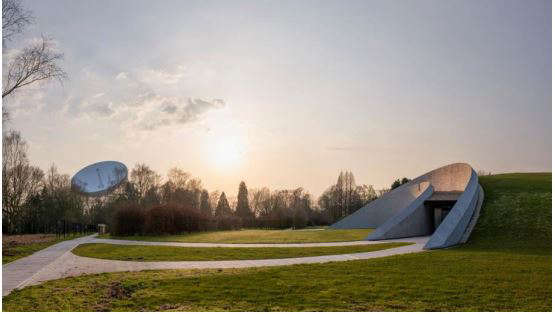 Cosmic Threads: 80 Years of Discovery
Cosmic Threads: 80 Years of Discovery
 New stalls available at Macclesfield Market Hall
New stalls available at Macclesfield Market Hall
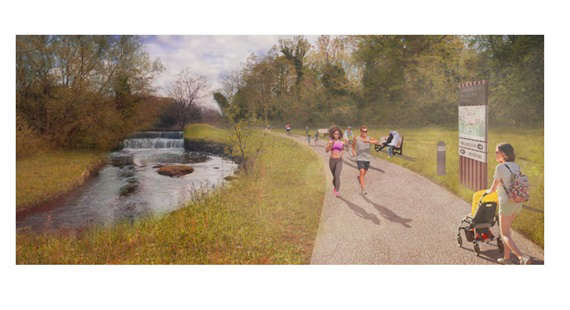 Council sets sights on major new trail to boost health, wellbeing and visitor economy
Council sets sights on major new trail to boost health, wellbeing and visitor economy
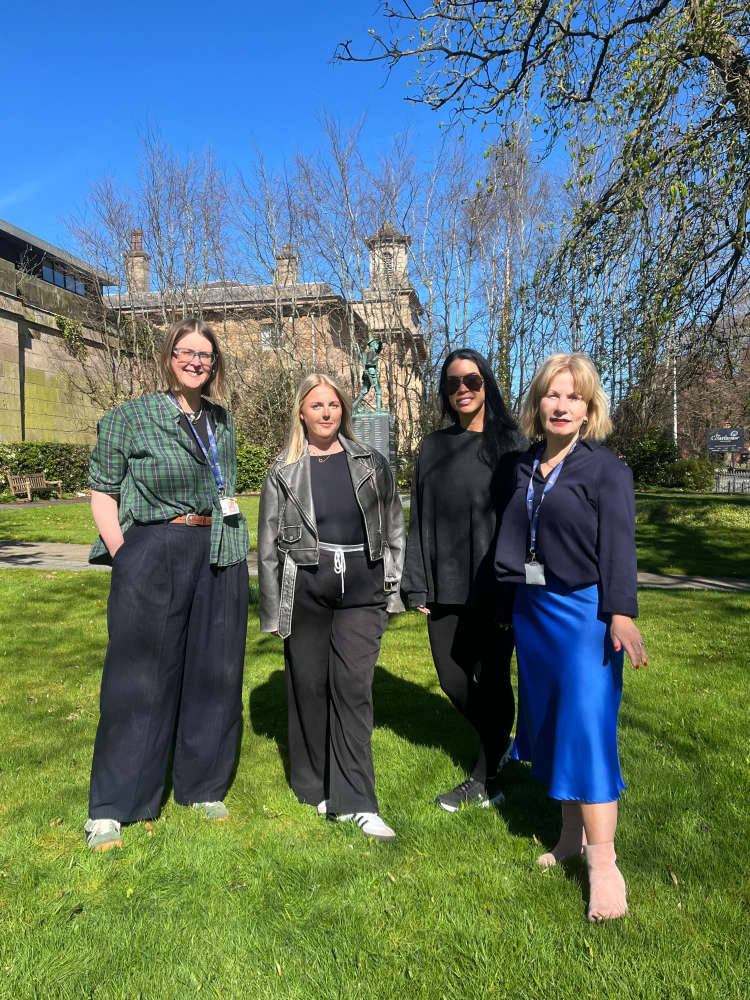 Knutsford Town Council renews partnership with The Royal Cheshire County Show
Knutsford Town Council renews partnership with The Royal Cheshire County Show
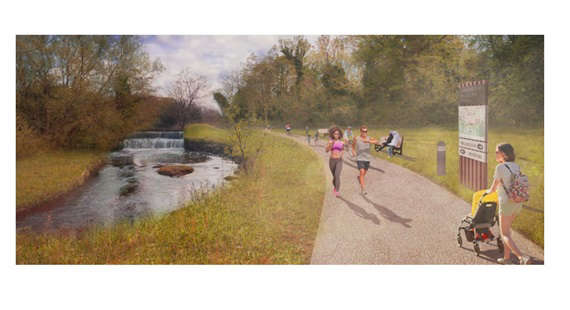 Major new trail to boost health, wellbeing and visitor economy
Major new trail to boost health, wellbeing and visitor economy
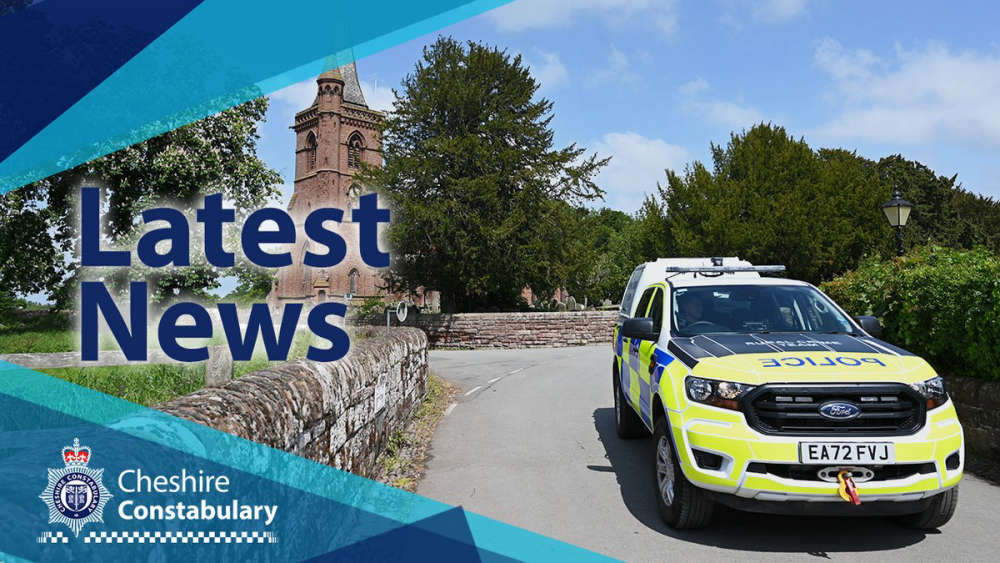 More than 60 premises targeted across Cheshire as part of NCA-coordinated crackdown
More than 60 premises targeted across Cheshire as part of NCA-coordinated crackdown
 Appeal for witnesses and footage following collision on M6
Appeal for witnesses and footage following collision on M6
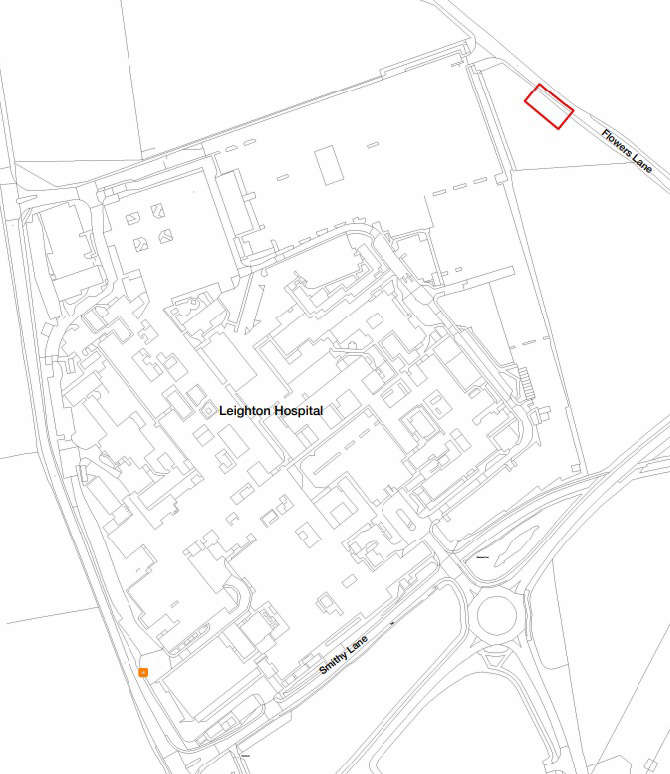 Laying the foundations for Mid Cheshire’s new hospital
Laying the foundations for Mid Cheshire’s new hospital
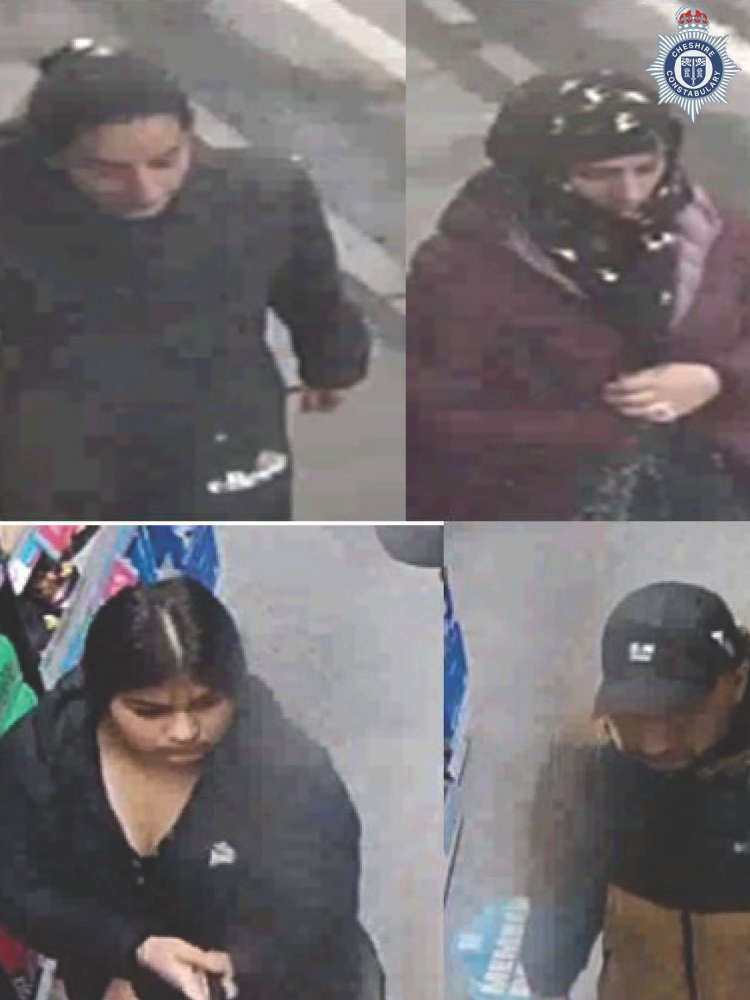 Police release CCTV following Macclesfield shop theft
Police release CCTV following Macclesfield shop theft


Comments
Add a comment